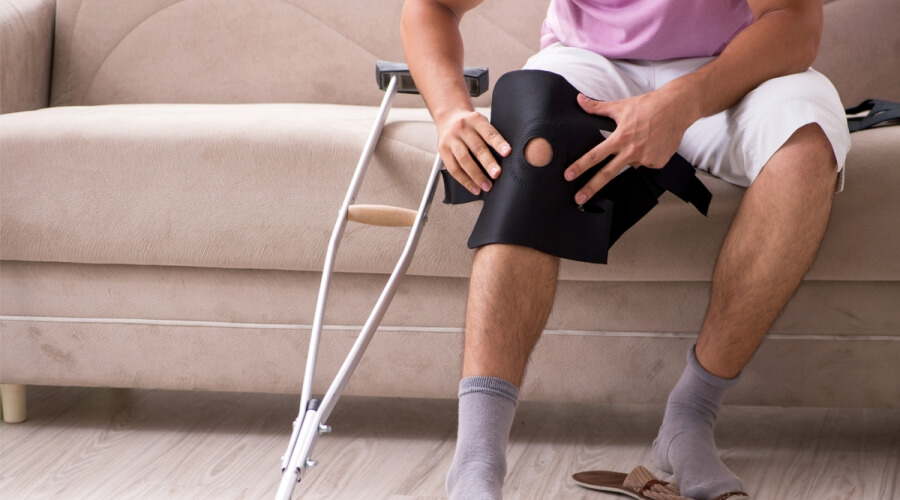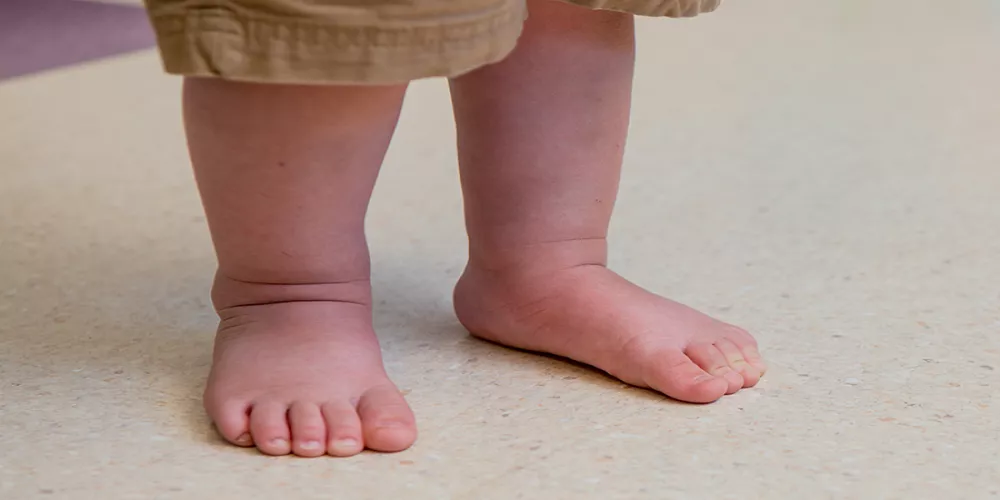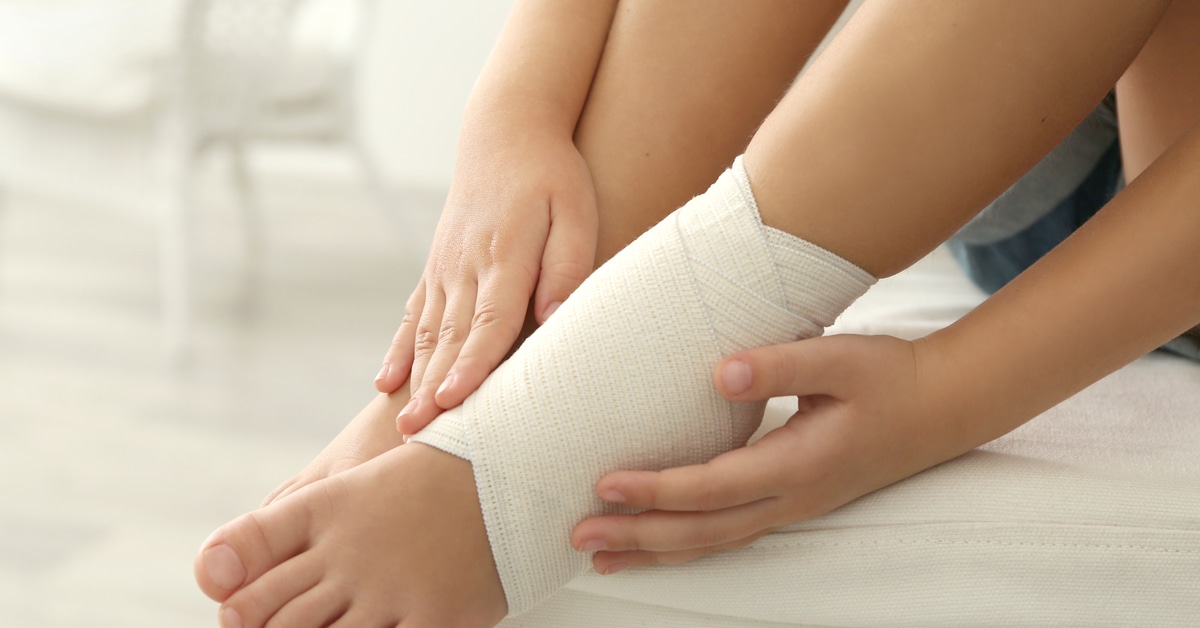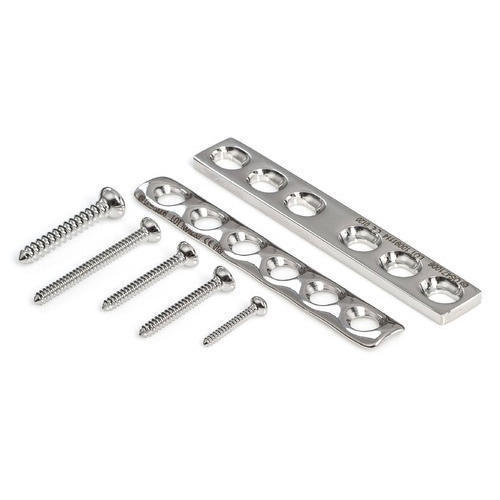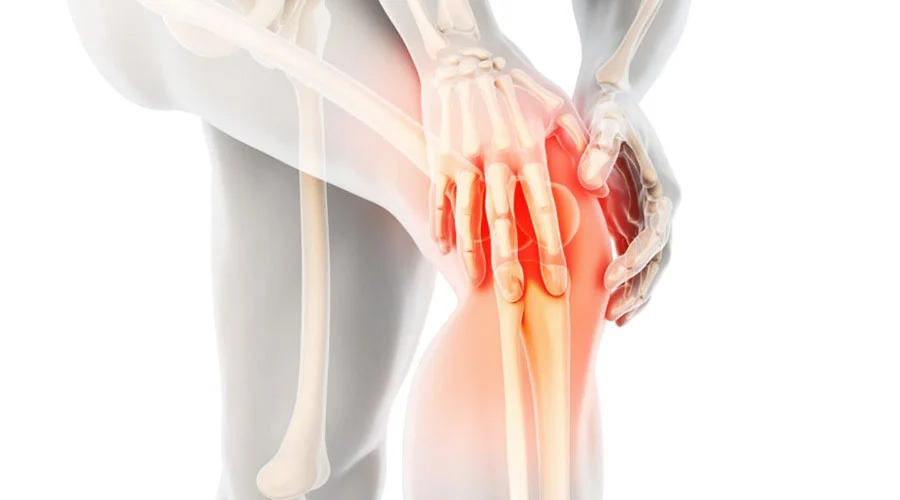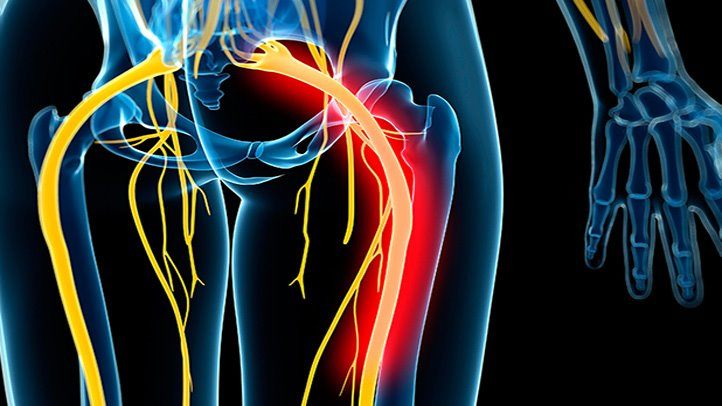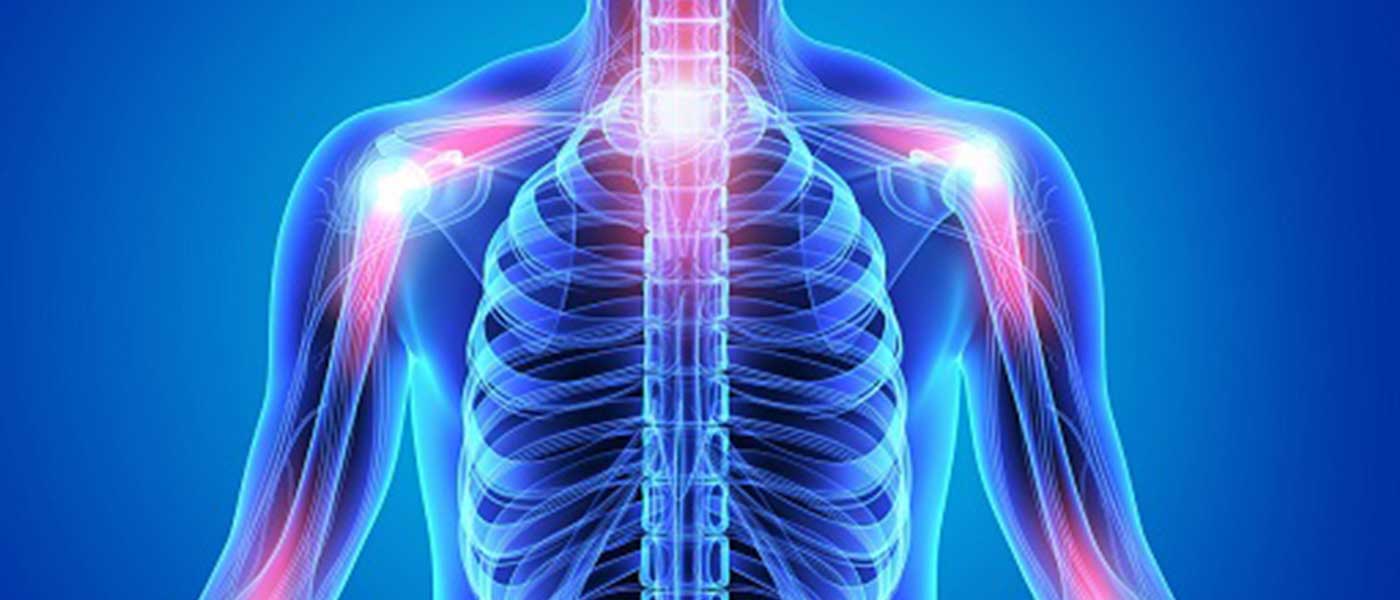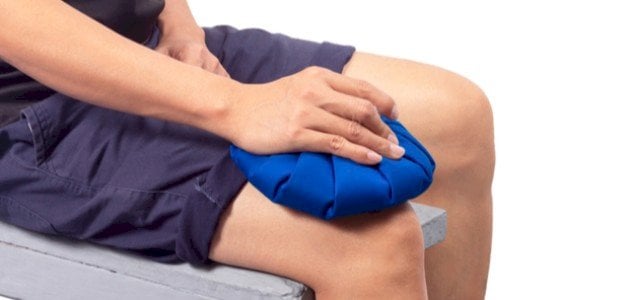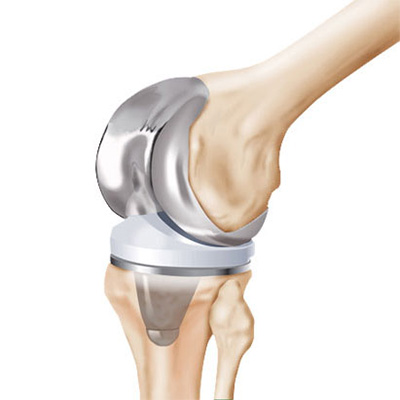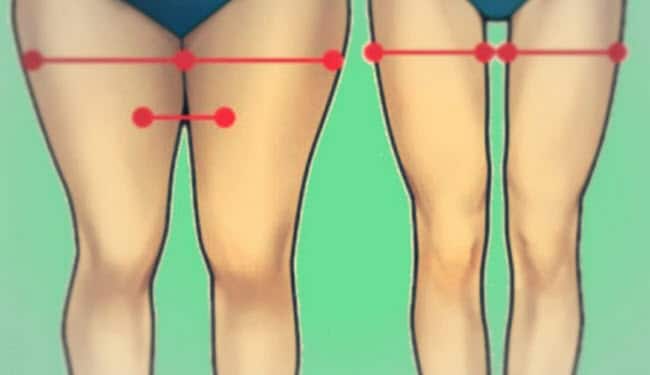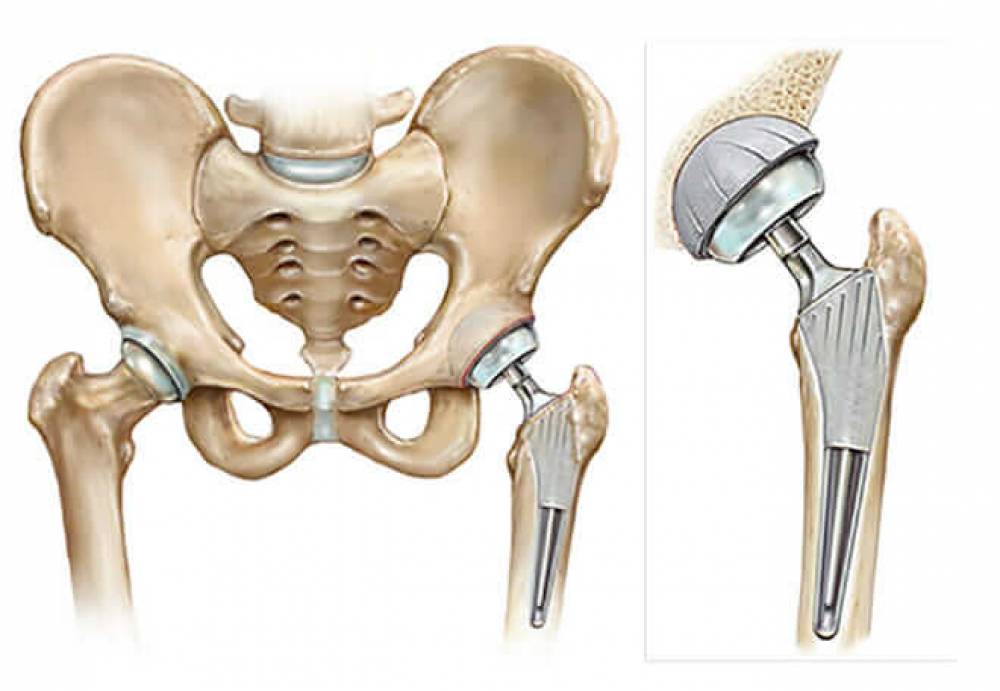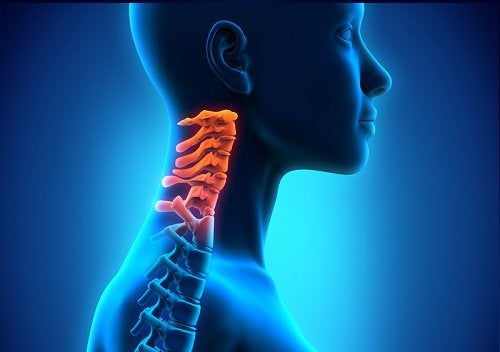Knee Cartilage Degeneration: What Are the Causes? Who Is the Best Doctor for Treatment?
Knee Cartilage Degeneration
Knee cartilage degeneration is a condition that many people around the world experience. This condition is characterized by the deterioration of knee cartilage, which serves to nourish and protect the joint. When this cartilage deteriorates, it can result in severe pain and difficulty in movement.
Knee cartilage degeneration is considered a chronic condition that leads to recurrent knee problems. Typically, the primary cause of cartilage degeneration is age-related, as the risk of developing this condition increases with age.
Symptoms of knee cartilage degeneration include continuous joint pain, difficulty in movement, and joint swelling. Pain is the most prominent symptom experienced by those affected by this condition, and it can be sharp and persistent during physical activity and even at rest.
In the case of knee cartilage degeneration, intensive and conservative treatment is the only way to manage the condition effectively. Treatment includes various aspects such as strengthening thigh muscles, maintaining a healthy weight, and reducing knee stress by avoiding high-impact activities. Some patients may require joint arthroplasty surgery in cases of significant cartilage damage.
Is There a Cure for Knee Cartilage Degeneration?
Knee cartilage degeneration is a health issue faced by many individuals of different ages. One of the primary causes of cartilage degeneration is natural aging, but there are also other factors such as sports injuries, arthritis, and genetic factors. Fortunately, there are some treatment options for knee cartilage degeneration. In this article, we will discuss some potential treatments.
Conservative Treatment: This treatment includes lifestyle changes and daily habits for the patient. It may be helpful to reduce painful activities, maintain a healthy weight, and engage in suitable exercises to strengthen the muscles around the knee.
Physical Therapy: Physical therapy sessions can be effective in reducing pain, improving mobility, and strengthening muscles. These sessions may include therapeutic exercises, aquatic therapy, and breathing exercises.
Medications: The doctor may recommend certain medications to relieve pain and inflammation associated with cartilage degeneration. These medications may include pain relievers, non-steroidal anti-inflammatory drugs (NSAIDs), and cartilage supplements.
Intra-Articular Injections: The doctor may suggest administering localized injections to deliver medications directly to the affected knee. These intra-articular injections may include hyaluronic acid injections, cartilage supplements, and corticosteroid injections.
Surgery: Surgery is typically considered a last resort when a patient does not respond to other treatments. Possible surgical options include knee arthroscopy and knee joint replacement surgery.
What Causes Knee Cartilage Degeneration?
Knee cartilage is one of the key components crucial for maintaining joint health. It acts as a cushion to absorb shock and provides stability for joint movement. However, over time, a person’s body can undergo cartilage degeneration, resulting in troublesome health issues.
Here is a list of factors contributing to knee cartilage degeneration:
- Natural Aging: With advancing age, the natural degeneration of cartilage becomes expected. Cartilage gradually loses its ability to regenerate and maintain its structure over time, leading to increased wear and tear between the bones within the joint.
- Injuries and Trauma: Previous injuries or trauma to the knee play a significant role in cartilage degeneration. For example, a severe or rough injury affecting knee cartilage can cause noticeable tissue damage and cartilage degeneration.
- Excess Weight: Individuals with excess body weight place additional stress on their knee joints. This added pressure can expedite cartilage degeneration compared to individuals maintaining a healthy weight.
- Excessive Physical Activity: Engaging in high-impact sports and activities can lead to cartilage wear and tear. Repetitive motions such as jumping, heavy landing, and rapid acceleration can result in excessive bone-to-bone friction and cartilage damage.
- Genetic Factors: Certain genetic disorders can lead to knee cartilage degeneration. For instance, Morquio syndrome is a group of inherited disorders that affect cartilage formation within the joints.
In addition to these factors, there are other contributors to knee cartilage degeneration, such as poor nutrition, smoking, chronic inflammation, and more. It is essential to take care of cartilage health from an early age and follow a healthy lifestyle and regular physical activity to maintain knee joint health.
Does Walking Affect Knee Cartilage?
Walking is considered one of the easiest daily exercises that people can do effortlessly and without much effort. But does walking affect knee cartilage?
The knee is one of the major joints in the body, bearing the pressure placed on it during movement. As the body ages and undergoes wear and tear processes, knee cartilage becomes less flexible and thinner, increasing the likelihood of pain and joint degeneration.
However, despite the natural impact of aging, recent research suggests that regular walking can be beneficial for knee cartilage. Instead of sitting for extended periods without movement, walking increases blood circulation and nourishment of the cartilage, helping to maintain its health.
Furthermore, walking strengthens the muscles surrounding the knee, reducing the stress on the joint. This means that instead of causing pressure and negative impact on the cartilage, walking can help strengthen and protect the joint. Additionally, walking can help maintain a healthy weight, reducing the strain on the knee. Excess weight can increase the risk of cartilage degeneration and pain in the joint.
Does Knee Cartilage Grow Back?
Many people suffer from knee cartilage problems, which can cause pain and limited mobility. One of the key questions that may arise regarding knee cartilage is whether it can grow back after damage.
Cartilage is an important cushion in the knee, distributing weight and absorbing shocks during movement. Although cartilage lacks blood vessels and nerves, it possesses some ability to renew and grow within certain limits.
In cases where cartilage is injured or damaged, it may tear or degrade, leading to a decline in its condition and size. Under suitable conditions, damaged cartilage may undergo a renewal process. The cartilage’s ability to regrow depends on various factors, including the extent of the damage, the strength of the surrounding muscles, and the presence of adequate blood supply. Generally, cartilage renewal can be an exceedingly slow process, and in some cases, cartilage may not fully regenerate.
In recent times, various techniques for treating cartilage problems have emerged, such as cartilage transplantation, electromagnetic stimulation, and electrical stimulation. These techniques aim to enhance cartilage renewal and stimulate its growth. However, these techniques are not widely available and depend on individual circumstances.
Therefore, it can be said that cartilage does indeed possess some ability to renew and grow within certain limits. However, it is essential to recognize that the growth and renewal process requires a long time and depends on multiple factors. Thus, individuals experiencing knee cartilage problems should collaborate with their healthcare providers and follow appropriate treatment to enhance the renewal process and improve cartilage health.
How Can I Strengthen Knee Cartilage?
Many people suffer from weak and deteriorating knee cartilage, which can cause a lot of pain and restricted movement. To protect and strengthen knee cartilage, several measures can be taken.
Firstly, it is essential to engage in regular physical exercises to strengthen the thigh and leg muscles. Strong surrounding muscles help support and protect cartilage from stress and deterioration. Examples of exercises that promote knee cartilage health include brisk walking, cycling, horseback riding, and yoga.
Additionally, maintaining a healthy and balanced diet that includes essential nutrients for cartilage health is crucial. Consuming foods rich in calcium and vitamin D supports bone and cartilage health. Examples of such foods include dairy products, fatty fish, legumes, and dark leafy vegetables.
Furthermore, dietary supplements like glucosamine and chondroitin can be used to improve cartilage and joint health. These supplements promote the production of collagen and other necessary substances for cartilage strength.
In addition to these measures, it is essential to avoid activities that exert excessive pressure on the knee, such as high-impact jumps and mountain climbing. Repeated exposure to such activities can lead to cartilage degeneration and future problems.
Finally, it is crucial not to ignore any knee pain or swelling. If symptoms persist and recur, it is essential to consult a doctor for a diagnosis and appropriate treatment. Treatment options may include physical therapy, medication-assisted therapy, and, in some cases, surgery.
What Foods Strengthen the Knees?
The knee is one of the most frequently used joints in the human body, and maintaining its health and strength requires following a healthy and balanced diet. Food plays a crucial role in enhancing knee strength and maintaining its health, so it’s essential to choose foods rich in important nutrients to promote knee strength, flexibility, and function.
Proteins are among the most important nutrients that contribute to tissue building, muscle strengthening, and repair. Protein sources include lean meats like chicken and turkey, fish rich in omega-3 fatty acids, such as salmon and tuna, nuts, legumes like beans and lentils, and dairy products. Consuming an adequate amount of protein can help promote the integrity and flexibility of the knee.
In addition to proteins, there are other nutrients that can enhance knee strength when incorporated into the diet. One of these elements is calcium, which helps strengthen bones and joints. Calcium sources include dairy products such as milk and cheese, as well as yogurt. Calcium can also be obtained from green leafy vegetables like spinach and kale.
Vitamin C is also essential for knee health, as it aids in tissue development and promotes the formation of collagen, which acts as a cushion and support for the knee. You can find vitamin C in fruits and vegetables like oranges, lemons, hot peppers, and strawberries.
Lastly, healthy fats also play a significant role in promoting knee health. Good fats like omega-3 fatty acids help reduce inflammation in the body, which can alleviate knee pain and reduce swelling. Omega-3 fatty acids are found in fatty fish like salmon, sardines, and tuna.
Therefore, to enhance knee strength and maintain its health, it’s important to consume foods rich in proteins, calcium, vitamin C, and good fats. These foods may include fish, dairy and dairy products, colorful fruits and vegetables, nuts, and flaxseeds. Your diet should be balanced and varied to ensure it meets the knee’s needs and maintains its health in the long term.
Can Cupping Therapy Treat Knee Cartilage?
Knee cupping therapy is one of the traditional and ancient methods in folk medicine, dating back to ancient times. Can cupping therapy treat knee cartilage? This is a question that is frequently raised, as cartilage is a connective tissue that acts as a cushion between bones in the joint, and any damage to it can lead to various problems and pain.
Cupping therapy is considered an experimental treatment used to alleviate pain and treat certain medical conditions, and it may be used to address knee pain. The practice of cupping involves creating a vacuum within cups placed on the skin, which helps remove excess and stagnant blood from the skin and muscles. This process can potentially aid in reducing swelling and inflammation associated with cartilage-related conditions.
However, the efficacy of cupping therapy in treating knee cartilage issues is still unconfirmed and subject to debate. While some proponents of cupping therapy suggest that it can contribute to improving knee health and reducing pain by increasing blood flow and energy in the affected area, these results require further scientific studies and intensive research to confirm their validity.
Therefore, it’s essential to consult qualified and specialized healthcare professionals and seek advice from doctors before making any decisions regarding the use of cupping therapy as a method for treating cartilage issues in the knee.
In conclusion, cupping therapy is not a confirmed alternative to traditional medical treatment for knee cartilage, but it may serve as a potential addition to pain management and overall knee health improvement. Individuals experiencing knee pain should consult specialized doctors for a comprehensive evaluation and precise guidance on the best available treatment options.
How Long Does a Knee Cartilage Surgery Take?
Knee cartilage surgery is a surgical procedure aimed at treating issues related to cartilage in the knee joint. Cartilage in the knee can become damaged or injured due to trauma or excessive stress, often resulting from activities like heavy labor or sports. When the cartilage is damaged, surgical intervention may be required to repair it.
The duration of knee cartilage surgery varies depending on the nature of the problem and the extent of the damage. For minor tears in the cartilage that can be repaired arthroscopically, the surgery may take only a few hours.
In cases of extensive tears or widespread cartilage damage, more complex surgical procedures may be necessary. The surgeon may need to remove and repair or replace damaged portions of the cartilage with synthetic cartilage.
Additionally, patients may need a pre-operative preparation period, including medical examinations and tests to ensure the patient’s safety and the appropriate conditions for surgery. After surgery, patients require a recovery and rehabilitation period that can last several weeks for a complete recovery.
In general, the duration of knee cartilage surgery depends on the complexity of the problem and the type of surgery required and can range from a few hours to several hours. It’s essential to estimate this time according to the surgeon’s recommendation and assessment of the patient’s condition. Surgeons aim to achieve the best results while ensuring the patient’s safety.
When Can I Walk After Knee Arthroscopy?
Many people experience knee problems that require knee arthroscopy surgery. One of the common questions patients have after this procedure is when they can return to walking normally.
It’s important to note that each case is unique, and several factors need to be considered when estimating the time it takes to return to walking after surgery. This depends on factors such as the size of the surgery performed, the complexity of the case, the effectiveness of the procedure, and the patient’s overall health.
Generally, patients need a recovery period that can range from weeks to months to return to walking normally after knee arthroscopy. During this period, patients are guided by their surgeon to perform exercises that enhance knee mobility and strength while strengthening the surrounding muscles.
However, patients should be cautious and follow medical advice. If there is any ongoing pain, unusual swelling, or difficulty in movement, patients should contact their surgeon immediately for necessary guidance.
To help optimize recovery after knee arthroscopy, patients can follow some useful tips. For example, adhering to a physical therapy program and knee-strengthening exercises, reducing weight if there is excess weight, and consuming foods rich in calcium and vitamin D to promote bone healing.
Best Knee Replacement Surgeon in Egypt
Many people suffer from knee problems that affect their daily lives and professional progress. Fortunately, Egypt has several specialized surgeons in knee replacement surgery to relieve pain and improve mobility. Among these distinguished surgeons is Dr. Amr Amal.
Dr. Amr Amal is considered one of the leading specialists in knee replacement surgery in Egypt. He has extensive experience in his field and advanced technical skills, making him the ideal choice for those seeking relief from constant pain and improved quality of life.
Dr. Amr Amal earned his Bachelor’s degree in Medicine and Surgery from a prestigious Egyptian university and completed his clinical and specialized training in knee replacement surgery at leading medical centers worldwide.
Dr. Amr is known for his friendly manner and compassionate care for patients. He is committed to providing excellent care to all his patients by offering precise consultations, comprehensive information, and the appropriate treatment plan for each individual case.
Dr. Amr Amal’s skills include advanced surgical techniques in knee replacement surgery, such as robot-assisted procedures and image-guided surgery. He relies on high-performance tools and techniques to achieve excellent results and significantly improve patients’ lives.
By reviewing previous patient testimonials, it can be confirmed that Dr. Amr Amal excels in his field. Many patients have experienced significant improvements after undergoing knee replacement surgery with him, regaining the ability to walk and move without pain.
In addition, Dr. Amr Amal provides exceptional post-surgery services to ensure rapid healing and effective results. He supports patients with health advice and physical therapy to ensure a quick return to normal life and daily activity.
